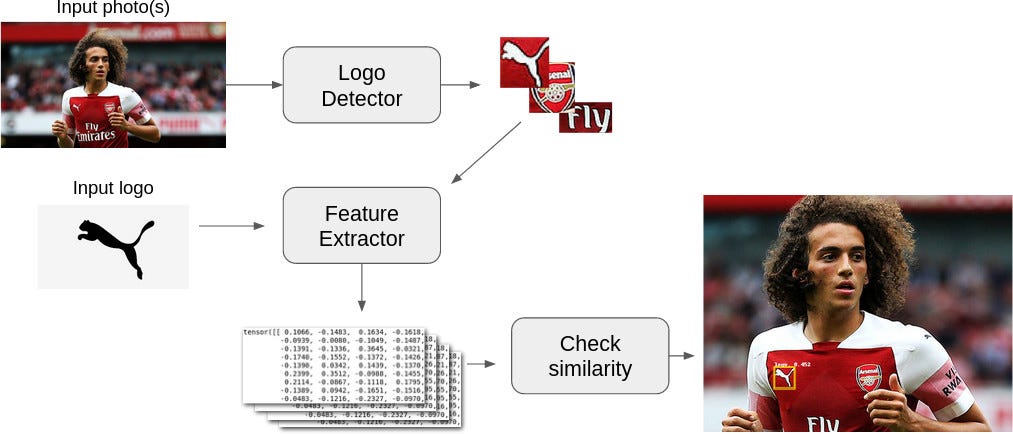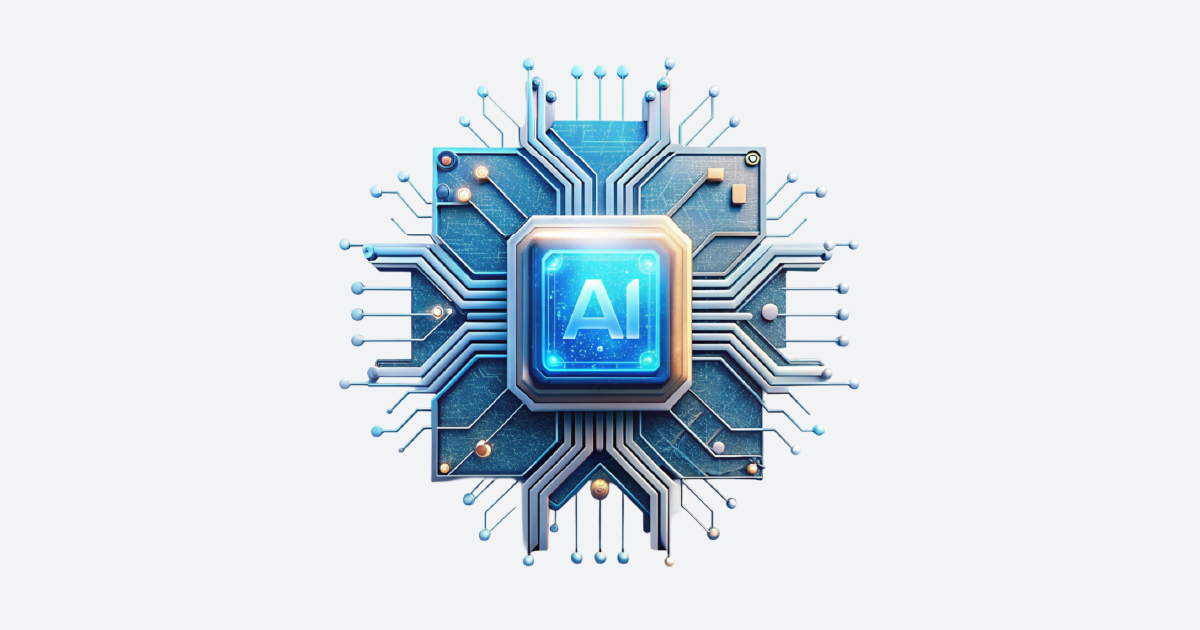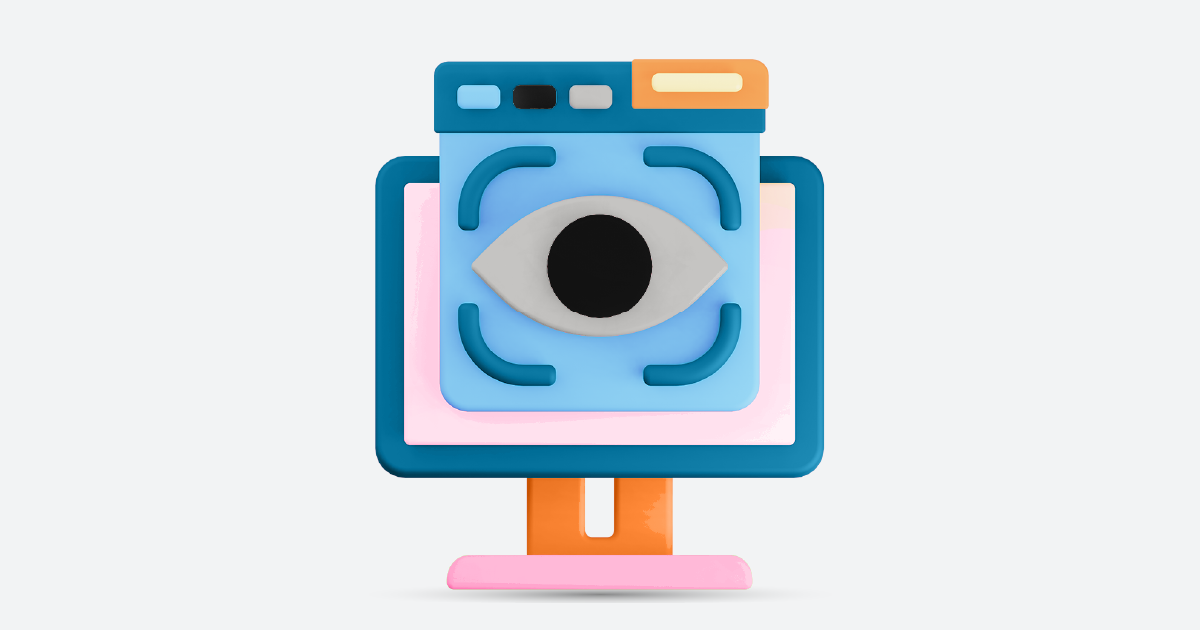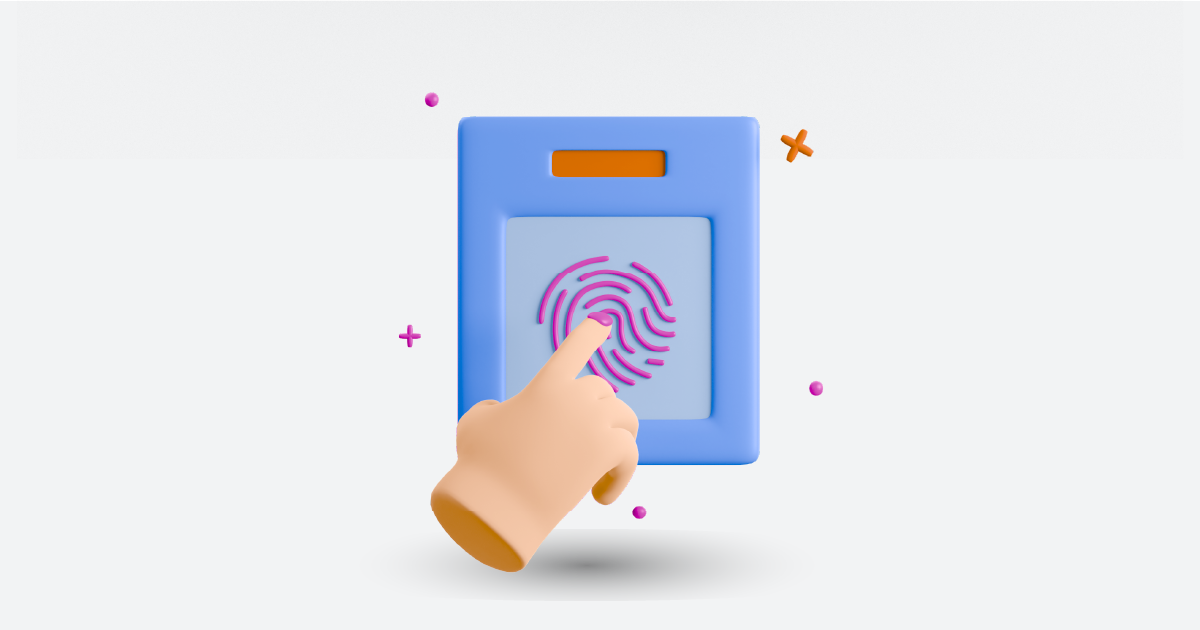In today’s visually-oriented world, logos play a crucial role in brand recognition and consumer engagement. As businesses strive to establish a strong brand identity, efficient logo recognition becomes paramount. This is where the power of artificial intelligence (AI) comes into play. AI logo recognition, an emerging field at the intersection of computer vision and machine learning, leverages advanced algorithms to automatically detect, identify, and analyze logos within images or videos. This article delves into the intricacies of AI logo recognition, its applications across various industries, challenges faced, and future developments in this exciting field.
How AI logo Recognition works

- To comprehend the inner workings of AI logo recognition, we need to explore its underlying processes. It all begins with the collection and preprocessing of training data. Vast datasets of logo images are curated, annotated, and labeled to provide a diverse range of samples for machine learning algorithms. These datasets serve as the foundation for training models to recognize logos accurately.
- The next step involves feature extraction and representation. Various techniques, such as deep learning architectures and convolutional neural networks (CNNs), are employed to extract meaningful features from logo images. These features capture distinct patterns, colors, shapes, and textures, enabling the system to differentiate between different logos.
- Once the features are extracted, machine learning algorithms come into play. These algorithms analyze the extracted features and use them to classify and identify logos within images. Through an iterative process of training and fine-tuning, the AI models become increasingly accurate in logo recognition, continuously improving their performance over time.
Applications of AI logo recognition
- AI logo recognition applications span numerous industries, offering valuable insights and driving business growth. One prominent application is brand monitoring and protection. Companies can utilize AI logo recognition to monitor online platforms, social media, and websites for any unauthorized usage of their logos. This helps protect brand reputation and mitigate potential trademark infringements.
- Another powerful application is consumer behavior analysis. By analyzing the logos present in consumers’ images, businesses can gain deeper insights into their preferences, interests, and demographics. This valuable data enables personalized marketing strategies, targeted advertisements, and tailored product offerings.
- Furthermore, AI logo recognition facilitates content personalization. Online platforms and media outlets can leverage logo detection technology to deliver relevant content to their users. By understanding the logos present in user-generated content, platforms can curate personalized recommendations and enhance user experiences.
- Moreover, AI logo recognition plays a vital role in advertising and marketing. Brands can analyze the visibility and impact of their logos in advertisements, measure audience engagement, and optimize campaign strategies accordingly. This empowers businesses to make data-driven decisions and achieve higher advertising ROI.
Challenges and limitations

- While AI logo detection presents immense potential, it also faces certain challenges and limitations. One major challenge is the vast variations in logo design. Logos can exhibit variations in color, size, and orientation, and even undergo transformations, making accurate recognition a complex task. AI models need to be trained on diverse datasets to handle this variability effectively.
- Scalability and real-time processing pose another challenge. As the volume of logo images increases, the system should be able to handle large-scale data processing swiftly. Real-time logo recognition is particularly crucial in applications such as augmented reality (AR) or live video analysis, where immediate identification is essential.
- Privacy and ethical considerations also come into play. Logo recognition technology raises concerns about potential privacy violations when deployed in public spaces or analyzing personal images. Striking the right balance between technological advancements and ethical usage is crucial for the widespread acceptance and adoption of AI logo recognition.
Future developments
- The future of AI logo recognition is bright, with ongoing research and development aiming to enhance its capabilities. Advancements in deep learning techniques, such as generative adversarial networks (GANs) and transformer models, hold great promise for improved accuracy and robustness in logo recognition.
- Integration with augmented reality (AR) and virtual reality (VR) technologies opens up new possibilities. Computer vision logo detection can enable interactive experiences where users can scan logos in their surroundings and access relevant information or promotions. This seamless integration of virtual and physical worlds will transform consumer engagement and brand experiences.
- Additionally, the focus is on enhancing the accuracy and speed of logo recognition algorithms. As AI models continue to learn from vast amounts of data and benefit from more powerful hardware, their performance will keep improving, reducing false positives and increasing overall precision.
Case Studies
Coca-Cola’s Digital Monitoring Transformation
Coca-Cola leveraged AI logo recognition to monitor social media platforms for brand mentions in real time. This technology enabled the company to identify user-generated content featuring its iconic logo across various regions and languages. The result? A 30% increase in engagement metrics and rapid response capabilities that strengthened brand loyalty and customer satisfaction.
Nike’s Campaign Optimization with AI
Nike integrated AI logo recognition into their marketing analytics to measure the effectiveness of their sponsorship at a major sports event. By analyzing thousands of live-streamed videos and social media posts, Nike discovered that their logo appeared in 75% of all user-generated content related to the event. This insight helped Nike fine-tune their future campaign placements, resulting in a 20% boost in ROI.
Influencer Quotes on AI Logo Recognition
“AI logo recognition is a game-changer for brands in the digital age. It offers unparalleled insights into consumer behavior and opens doors to hyper-targeted marketing strategies.”
– Gary Vaynerchuk, Entrepreneur & Marketing Expert
“Brands no longer need to guess their audience’s preferences. With AI-powered logo recognition, the data speaks for itself.”
– Neil Patel, Digital Marketing Influencer
“Logo recognition is one of the most exciting advancements in AI, transforming how companies engage with audiences on a global scale.”
– Andrew Ng, AI Thought Leader
Conclusion
Logo recognition is revolutionizing the way businesses interact with visual content. From brand monitoring and consumer behavior analysis to personalized marketing and advertising, this technology empowers organizations across diverse industries. Despite its challenges and limitations, ongoing advancements and future developments hold tremendous potential for the field. As AI logo recognition continues to evolve, businesses will gain deeper insights, enhance brand visibility, and forge stronger connections with their target audience.
To experience the power of AI logo recognition firsthand and unlock its benefits for your business, we invite you to request a demo from AIM Technologies. Witness how our cutting-edge solutions can elevate your brand recognition, protect your intellectual property, and optimize your marketing strategies. Don’t miss out on this opportunity to stay ahead of the competition.




